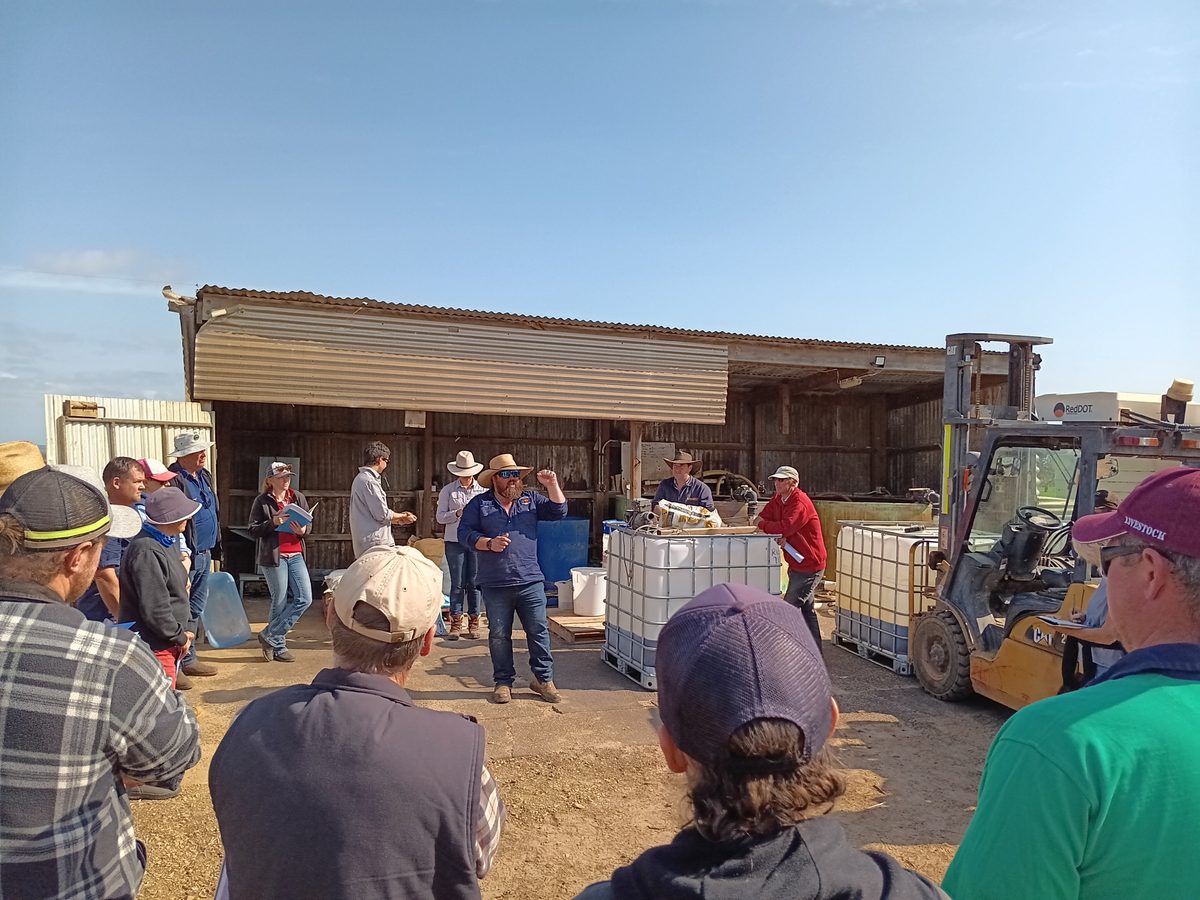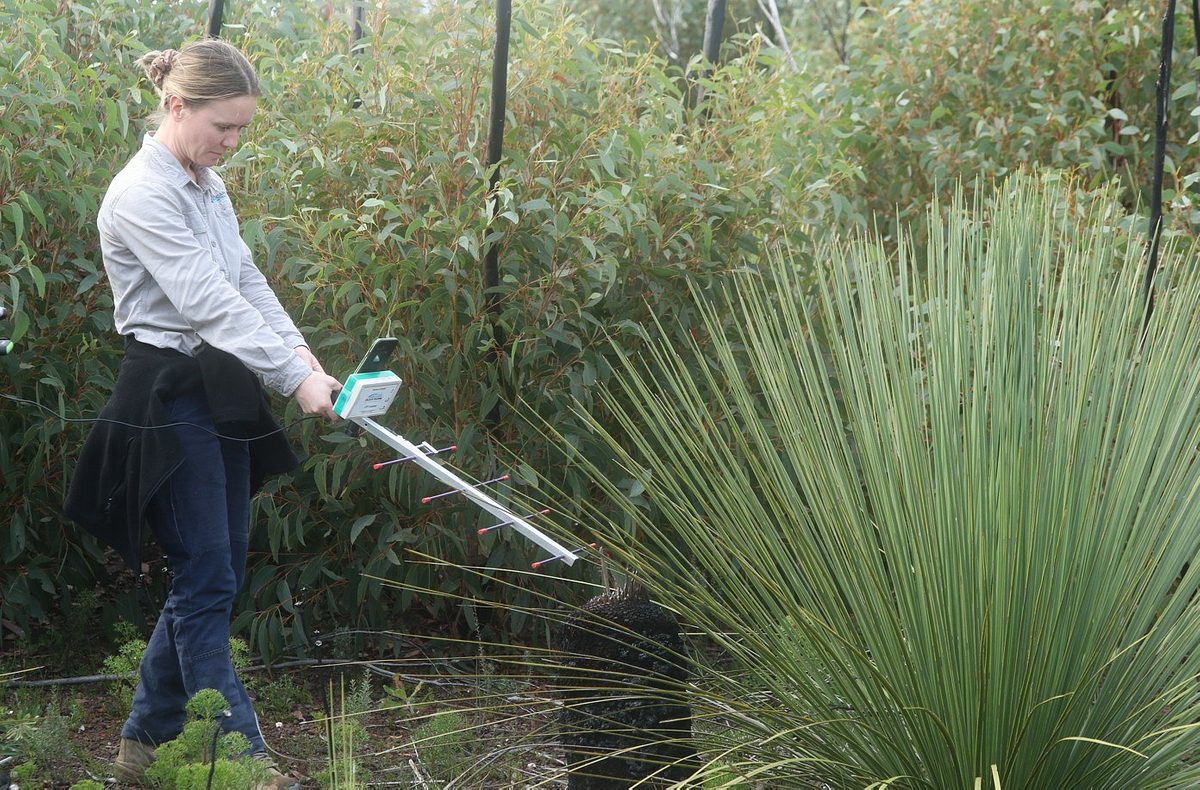Think before you buy peacocks
They may be pretty, but peacocks can become an unwelcome sight on Kangaroo Island if they turn from garden ornament into feral pest.
Natural Resources Kangaroo Island feral animal control officer Brenton Florance said the island may have 300 feral peacocks.
“Residents have become concerned at the nuisance peacocks are causing,” Mr Florance said.
“When they turn feral, peacocks can have many undesirable impacts on agriculture, gardens, people and homes and escaped domestic birds can very quickly become a wild population.
“Feral peacocks make excessive noise, destroy gardens by eating and scratching, and spread weeds.
“They can pollute water tanks by defecating on rooftops, and could threaten the local poultry industry by spreading diseases.”
Feral peacocks are scattered across the Island, in particular around Murray Lagoon and Western Cove.
Natural Resources Kangaroo Island has invested strategically over the past five years to manage peacocks and encourages the community to report any new populations.
Peacocks have recently been advertised for sale online, and there are reports of new wild populations emerging.
“Anyone thinking about housing peacocks will need to keep them in a large poultry run with a roof, in order to prevent them from flying away,” Mr Florance said.
Under the Natural Resources Management Act 2004 it is an offence to release peacocks into the wild. Owners are required by law to ensure peacocks stay on their property.
“These large birds are surprisingly strong flyers and can travel more than a kilometre.”
Natural Resources Kangaroo Island at 37 Dauncey Street, Kingscote, can provide free advice on controlling feral peacocks. Please contact the feral animal control officer on 8553 4444 for further details.



